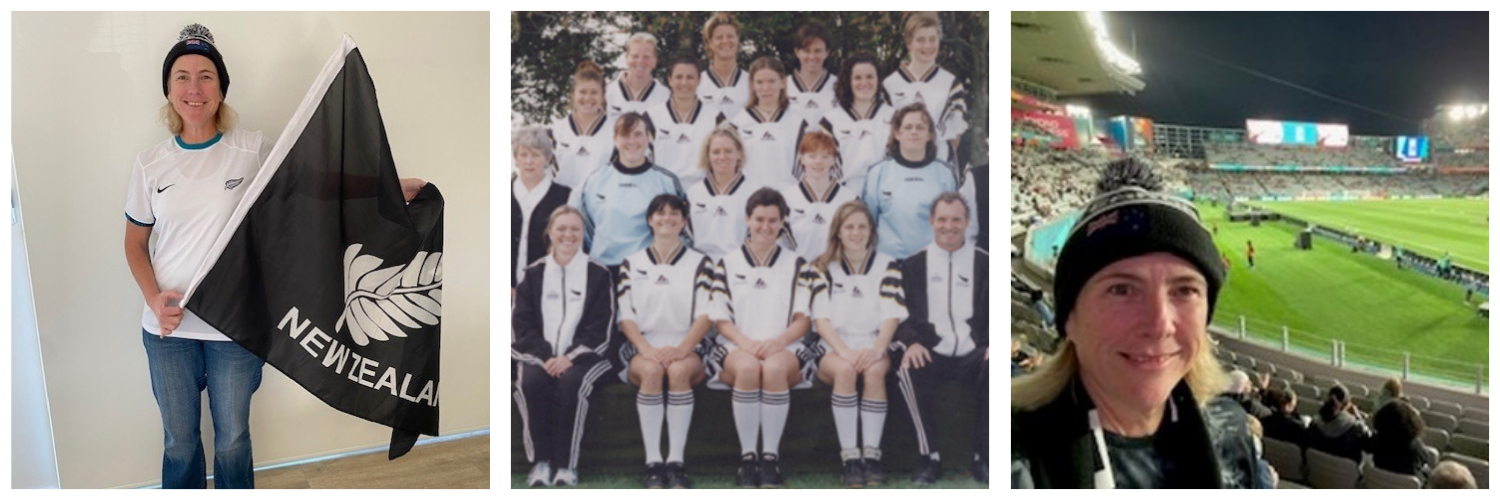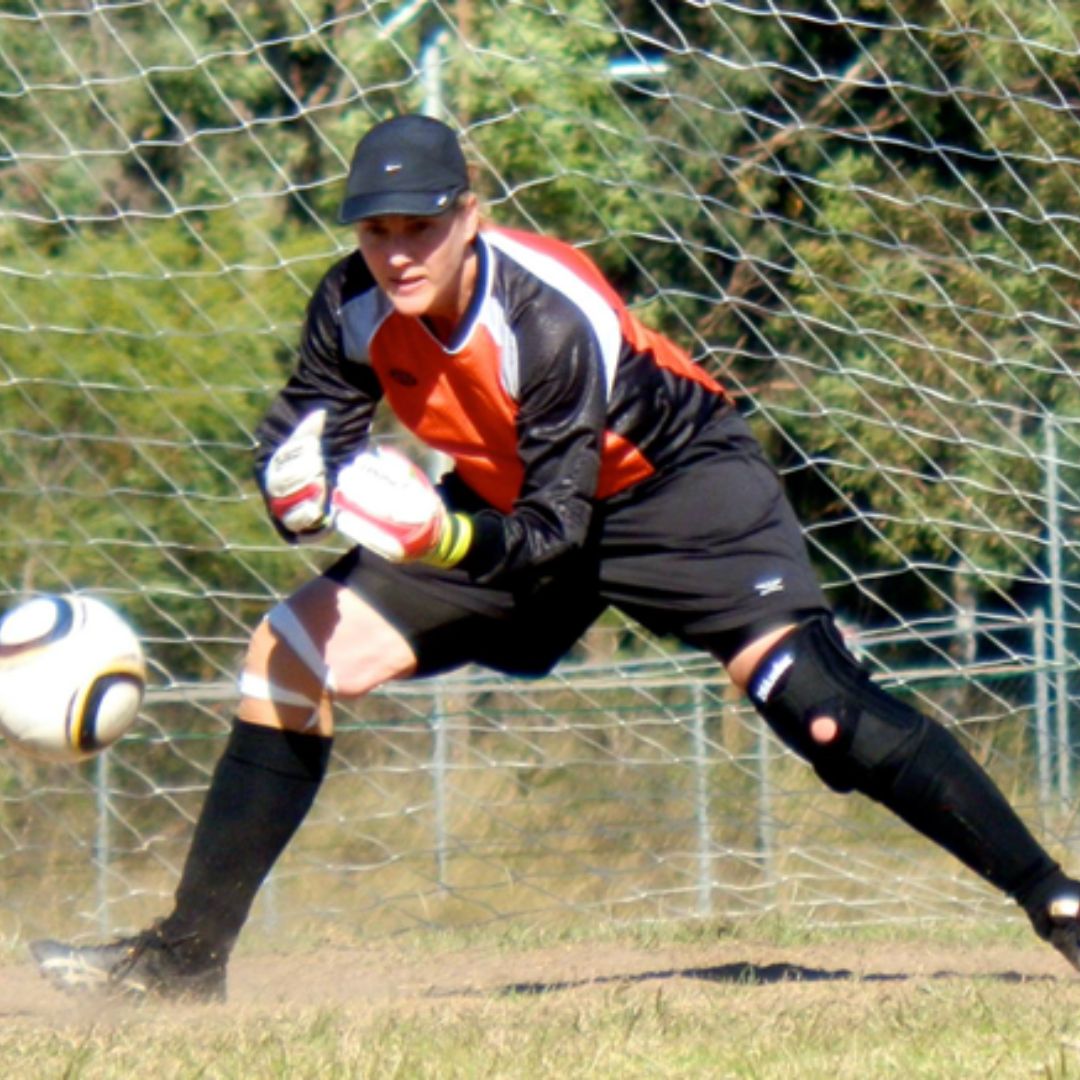Teamwork, as it happens, really does make the dream work.
For a budding young footballer from Aotearoa (New Zealand), who ended up pursuing a dream career in Disability Support, team sports and team-based work really make the day-to-day something worthwhile.
Although Ability Options’ Michelle was a footballer, the decision to play football – soccer, if you’re that way inclined – over the national sport of New Zealand (rugby league) was influenced by a drive to promote inclusivity, equality and diversity.
“When I was young, my uncle was a mad Liverpool Football Club fan and used to bring me flags and scarves,” she said.
“So, when I was told girls couldn’t play rugby league after they turned 10, I thought I needed to change my sport. Football seemed to be the right game, even if it was a round ball, which most Kiwis aren’t familiar with.”

Taking that in her stride, she continued playing for local club teams to help drive up a few values close to her heart: inclusion, diversity and equality.
“I started playing when I was eight years old in one of the very few all-girl football teams in Auckland – Kelston AFC,” she said.
“Unfortunately, in order to play in a female league, we had to play girls much older than I was at the time, and at just eight, I was playing in the under 14 (U14) division.”

As a 16-year-old, Michelle was selected to trial for an Auckland U18 invitational team travelling to Sweden and Denmark to play in the Gothia Cup and Dana Cup.
She was then picked for U17, U18 and U19 Auckland teams for many years, played for New Zealand Secondary Schools at the Kanga Cup in Canberra in 1992, and then she made her way to donning the Silver Fern, playing for the national New Zealand U20 women’s football team, and then the women’s national team in 1998.

“I made my SWANZ (Football Ferns used to be SWANZ) debut against Germany on 26 May, 1998 becoming Fern #97,” she said.
“I played two international games versus Germany in Germany and one international game against Japan at Sydney Football Stadium.
“I played in World Cup Qualifying tournaments as reserve goalkeeper but retired from football in 2000 and moved to Australia to pursue another career not long after.”
You may be wondering where the connection between football and the disability sector comes from. Well, much like in the disability sector, Michelle said diversity, inclusion and equality are critical in sporting environments and team sports.
“When I was at school, and while I was making a name for myself on the New Zealand football circuit, my mum, who already worked in the disability sector, would often rope me into being the DJ at the Friday night discos that her organisation hosted,” she said.
“I was lucky enough to travel the world playing soccer, even before making the national team, to inspire a new generation of female soccer players,” she continued, “travelling at such a young age, and experiencing so many different cultures, opened my eyes to the challenges minority groups face”.
“This inspired me to be an advocate for human rights and transitioned into my passion for rights of people with disability.”
So, to add another goal to the scoreboard for Michelle, she retired from football in 2000 and moved to Australia not long after.
“I am incredibly passionate about people having every opportunity to live their life the way they choose, to be connected to their chosen community, and to have an opportunity to contribute in meaningful ways,” she said.
Having worked her way from being a Support Worker, nowadays, you’ll find Michelle running the Quality, Practice & Assurance team at Ability Options. She’s responsible for ensuring the services our participants receive are up to, and above, the high standards set out by industry bodies, and for ourselves, and our staff are fully trained and supported to deliver the best support possible.
“Ability Options has always been focused on inclusion; this is a key value of mine that stems back to my soccer days.
“To have a dream and be able to achieve it is such a valuable experience on a person’s journey. It is so important to know that anything is possible.
“To support people with disability to follow their goals, to achieve, to have meaningful engagement and to be truly included is the reason I come to work every day.”
But reflecting back on her “stint”, as she puts it, in football, Michelle said she never knew just how much she would come to enjoy what she does.
“When I made the New Zealand U20 team, I needed a job that would be flexible with leave and, at that time in NZ, disability support work was one of the few that allowed casual work. It allowed me to pursue my passion for sport to a point where I was playing internationally,” she said.
“I had no idea at the time that working in the disability sector would become my lifelong career and a job that I love so much.”



